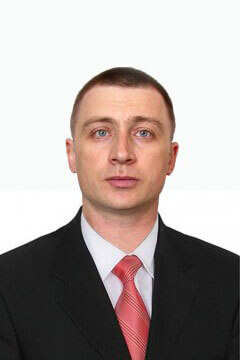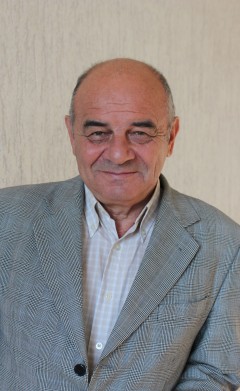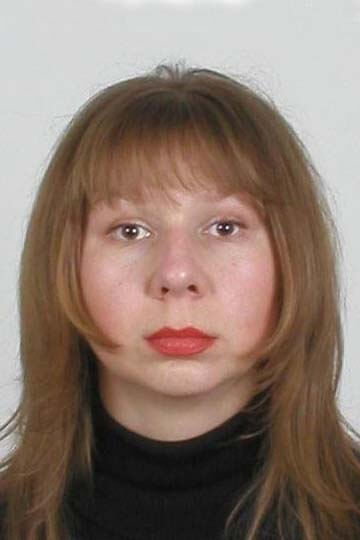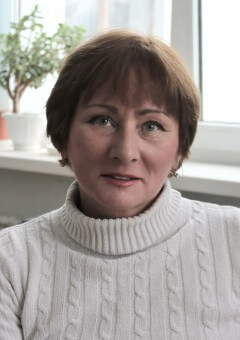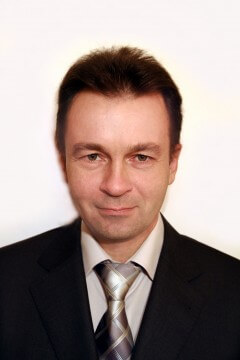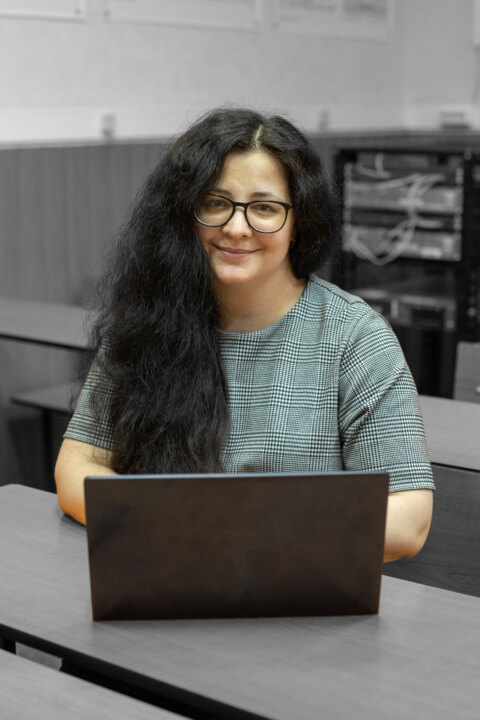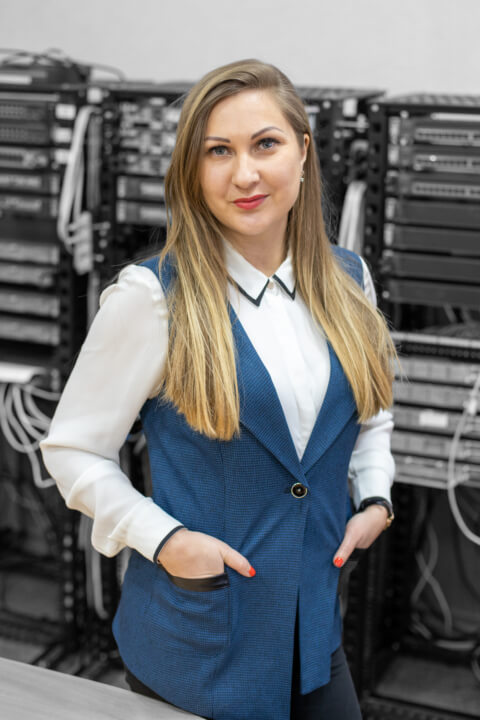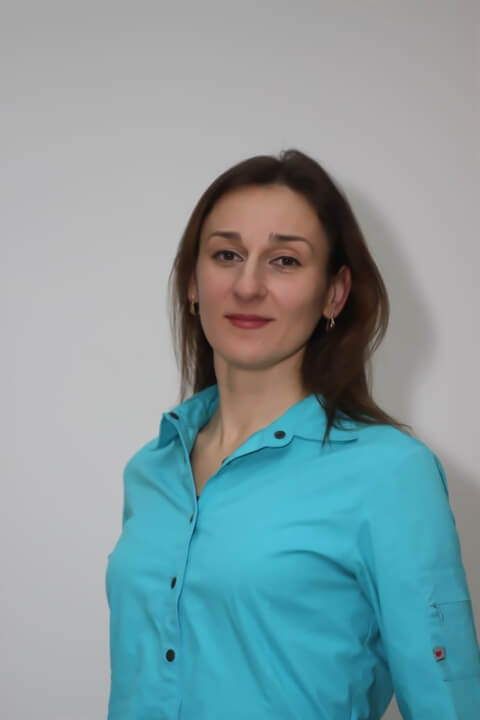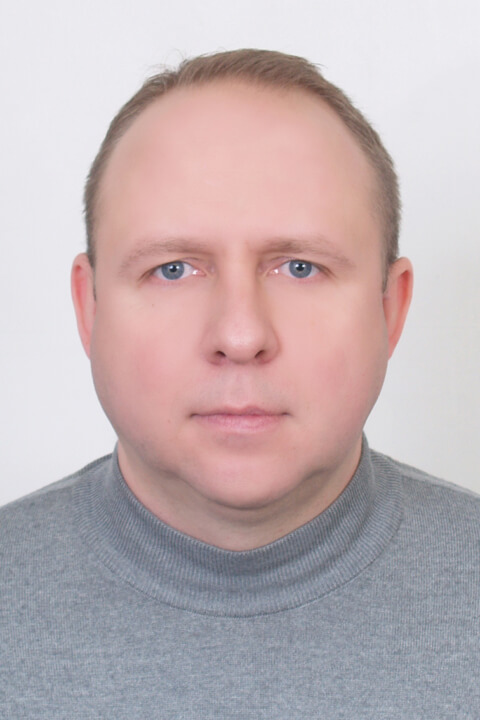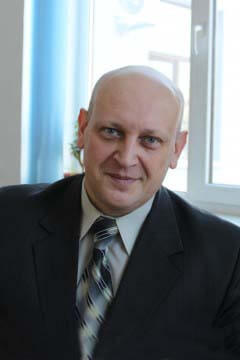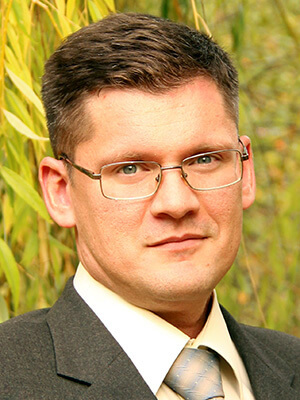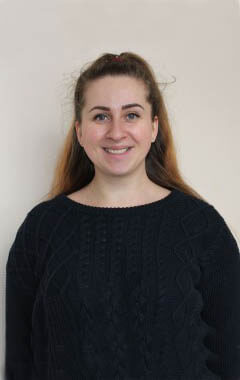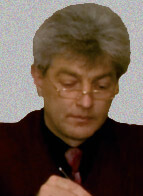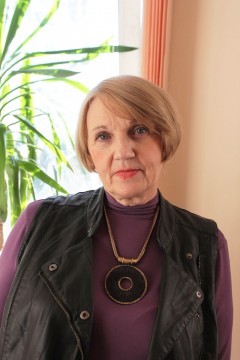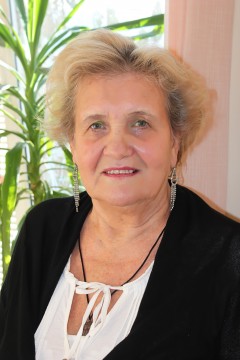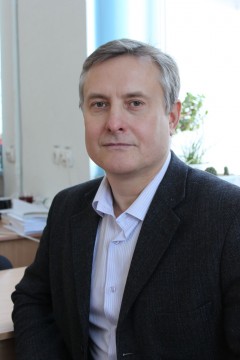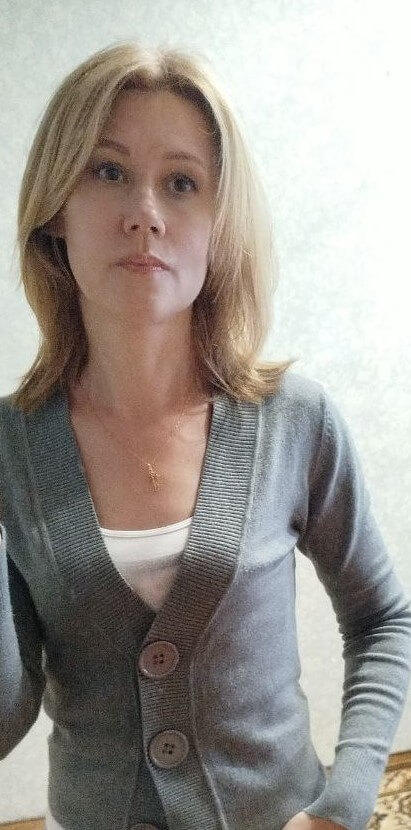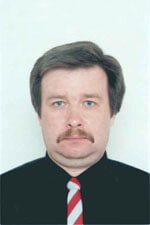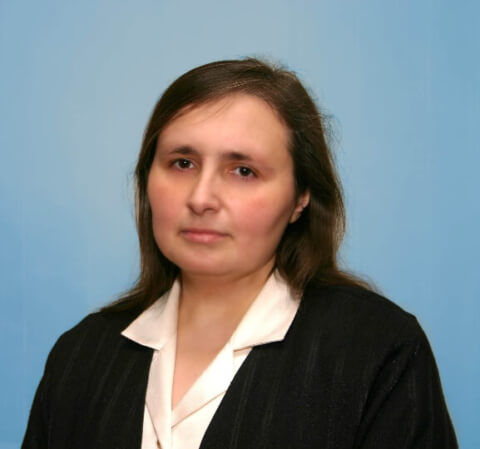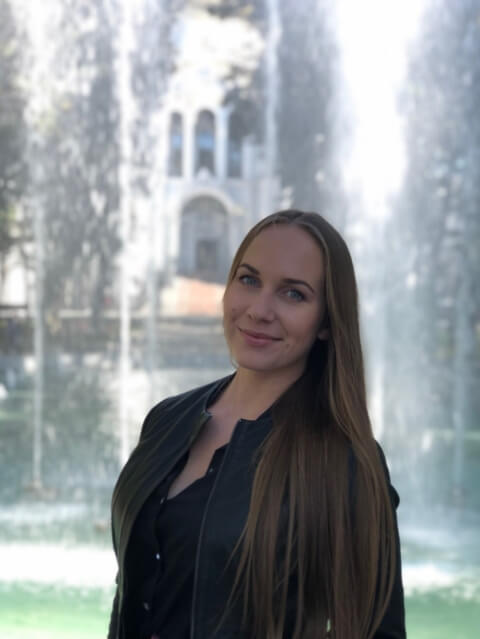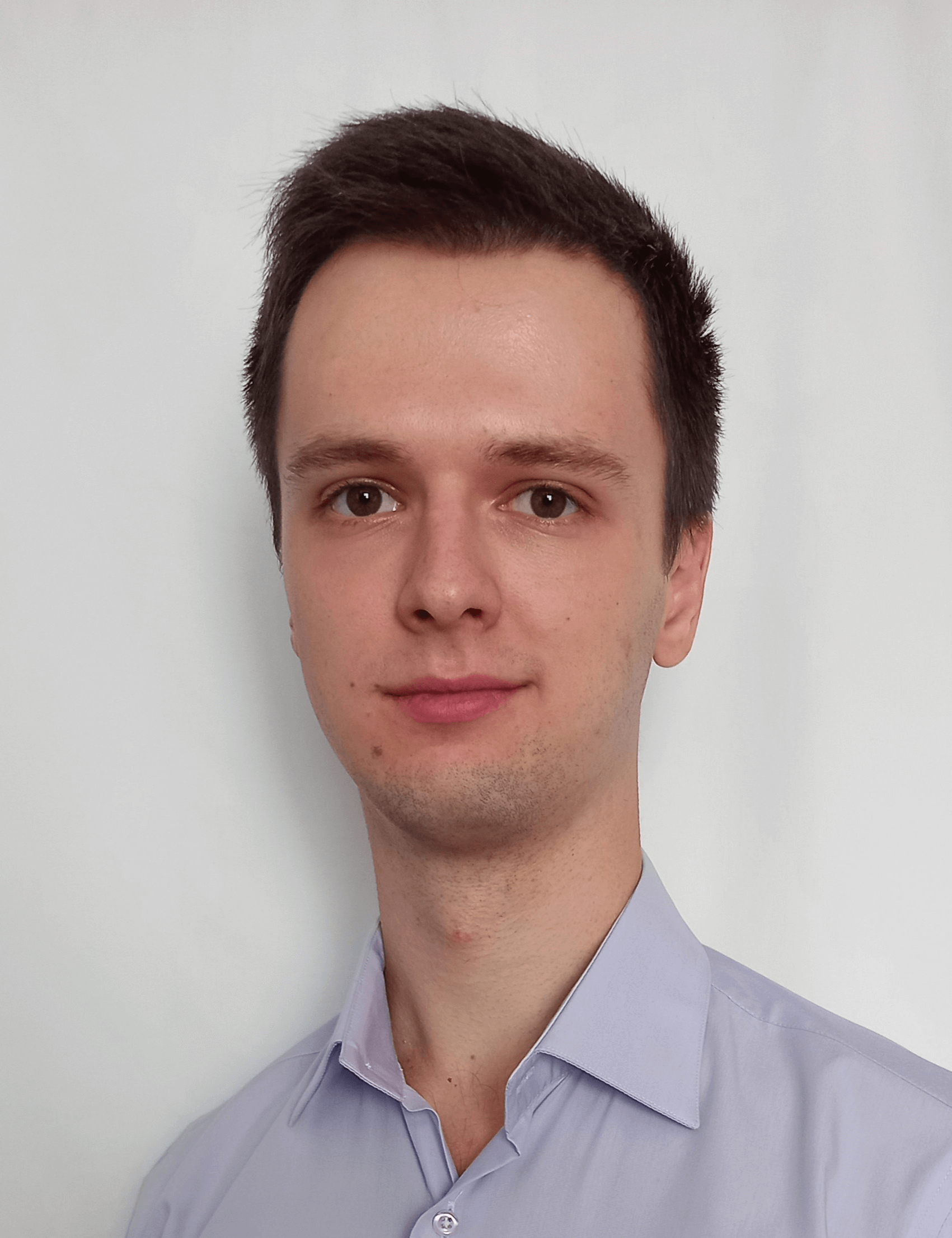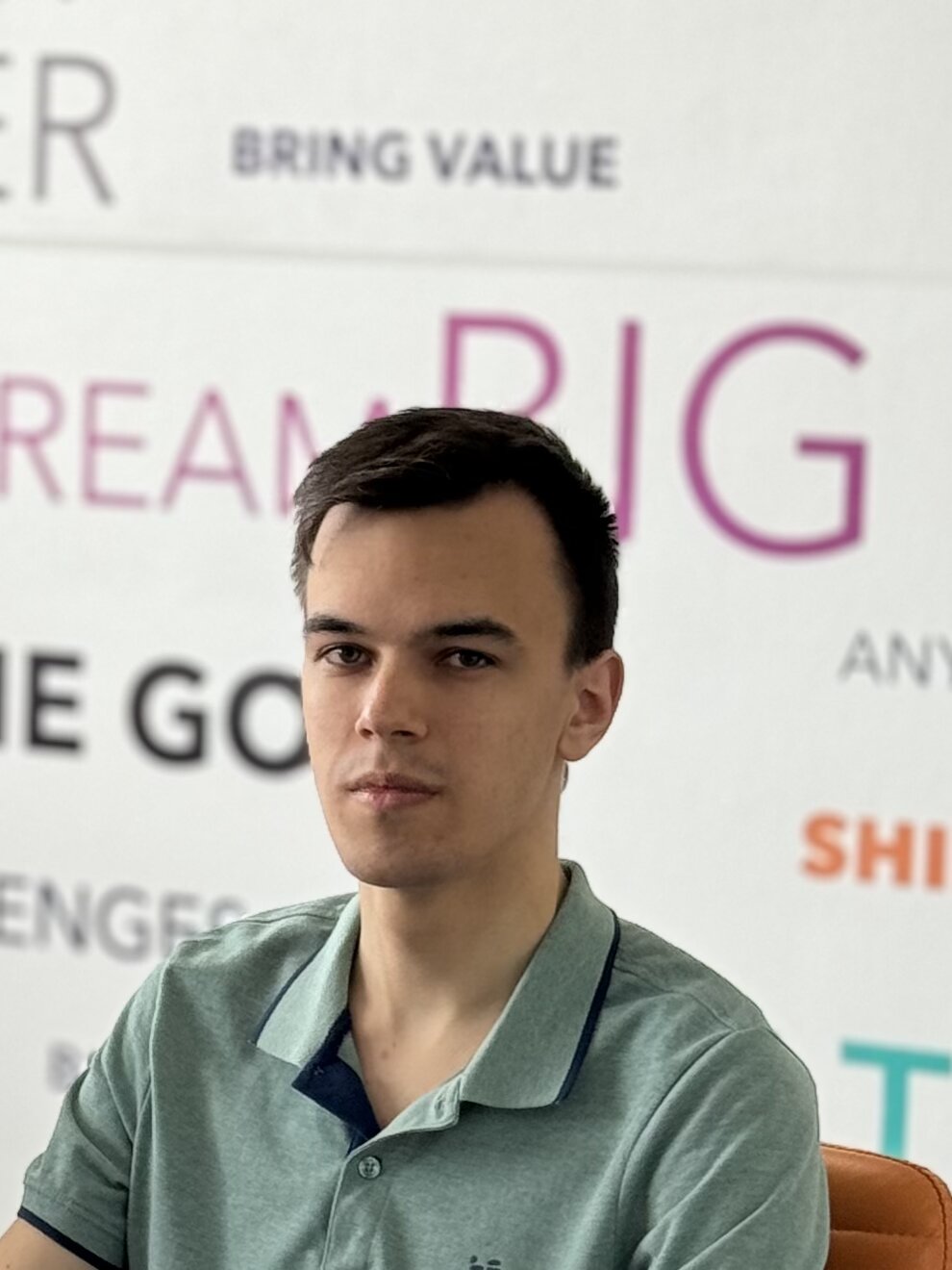Transport network training laboratory named after Professor M.D. Plotnikov
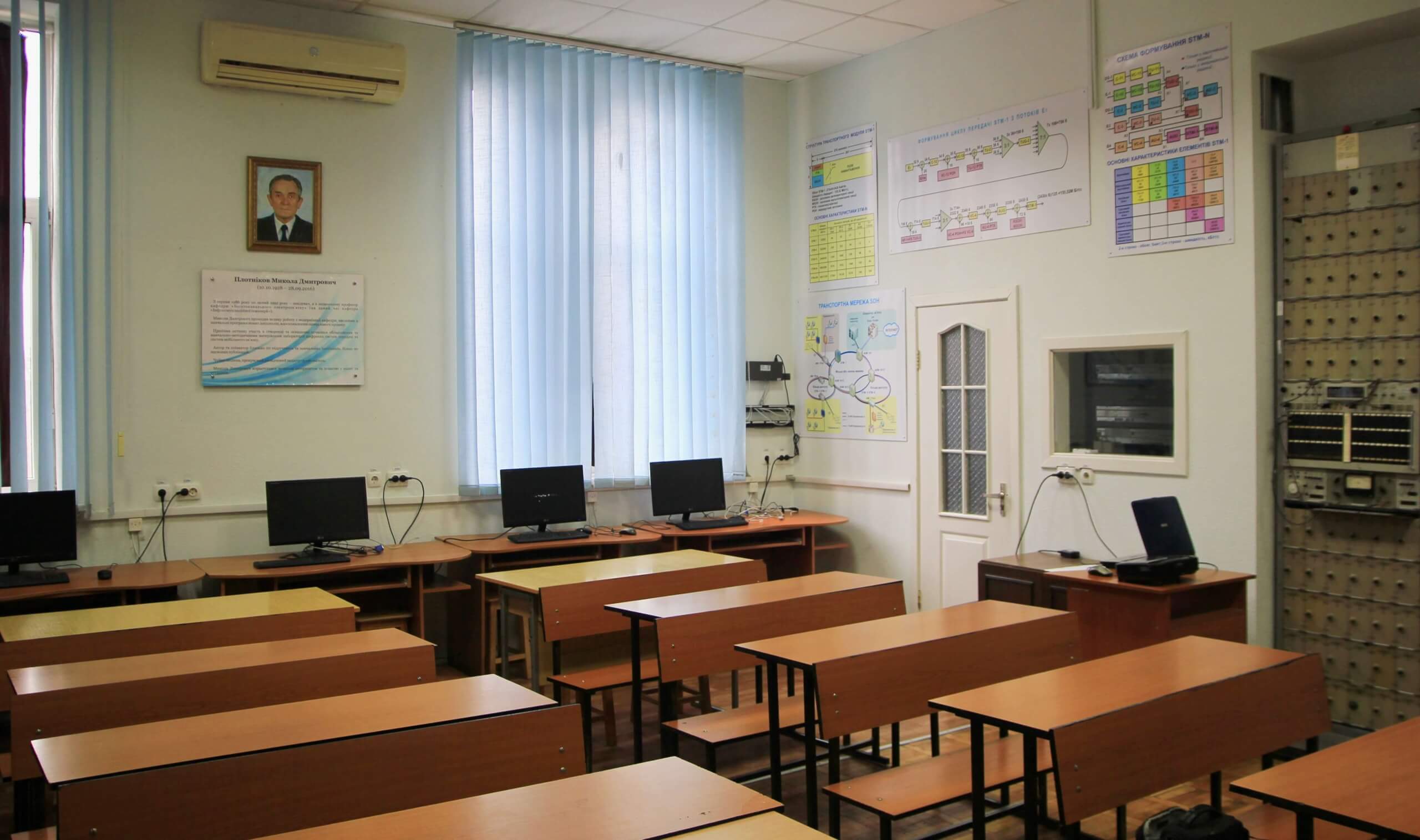 The laboratory is located in room 301, in responsible charge – Associate Professor Yepishkin S.O.
The laboratory is located in room 301, in responsible charge – Associate Professor Yepishkin S.O.
THE TRANSMISSION SYSTEMS LABORATORY PROVIDES A LABORATORY PRACTICE FOR THE DISCIPLINE:
- Telecommunication transmission systems;
- Fundamentals of TCS theory;
- Information transmission systems and their metrological support.
LABORATORY EQUIPMENT INCLUDES:
- digital transmission systems (DTS): ICM-30-4; PCM-30; ICM-120;
- SunSet MTT platform with SSMTT-27L E1 flow analysis module;
- individual conversion rack (CIP-60);
- unified generating set rack (UGSS);
- A fragment of a variable topology SDH (NG SDH) network based on two Raisecom OPCOM3107-8E1 optical multiplexers;
- 4 personal computers with specially designed software including: Linear Encoder Simulator; A-Law Compounding; Linear Coding, and multimedia courses on the principles of SDH networking.
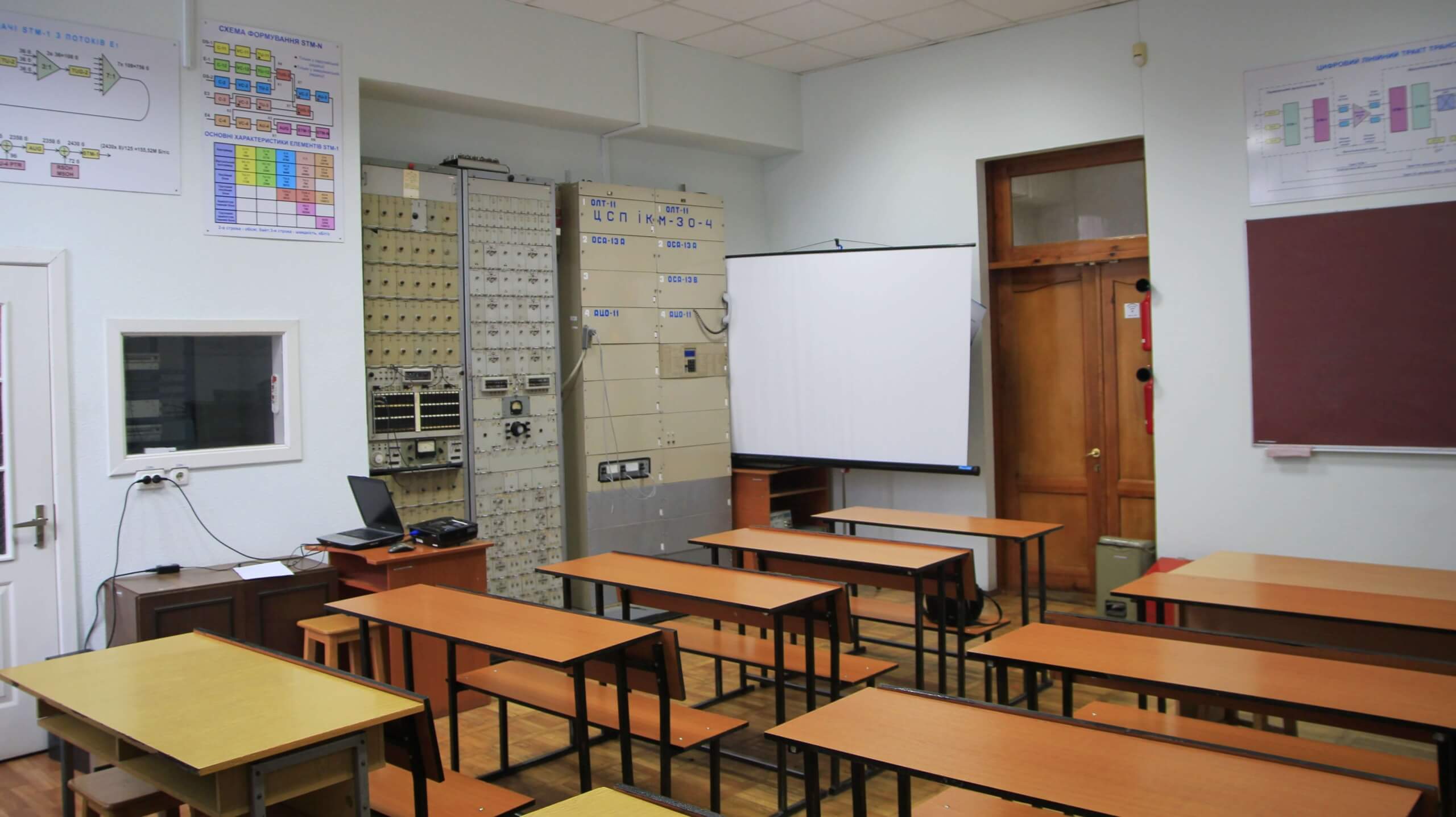

LABORATORY MODELS FOR RESEARCH ARE ALSO PLACED IN THE AUDITORY:
- frequency converters;
- line encoders;
- generator equipment and synchronisation system for digital transmission systems;
- line (station) regenerator;
- differential systems;
- transmission systems with frequency division of channels;
- transmission systems with time division of channels.

THE FOLLOWING LABORATORY WORKS ARE DEVELOPED AND CARRIED OUT IN THE COURSE OF THE SUBJECTS “TELECOMMUNICATION TRANSMISSION SYSTEMS” AND “THEORETICAL FOUNDATIONS OF TCS”:
- tone frequency channel studies;
- tone frequency converter studies;
- TF channel studies using the SSMTT-27L module;
- main digital channel (MDC) studies;
- linear encoder studies;
- A-law compounding studies;
- E1 flow studies with the SSMTT-27L module;
- study the principles of generator equipment and the synchronisation system of digital transmission systems (SD DTS);
- research on linear codes;
- linear regenerator studies;
- studying the principles of SDH network operation;
- research and monitoring of the SDH network fragment;
- studies of a differential system on a transformer;
- studies of differential system on resistors;
- study of frequency-division transmission systems (FDT)
- study of time-division transmission systems (TDT).
New laboratory works are being developed to study the principles of delta-modulated (adaptive delta modulation) (ADM) and differential pulse-code (adaptive) modulation signal formation, measurement and analysis of signal propagation time in the line using SSMTT-27L, study of Ethernetover SDH (EoS) technology on a fragment of NG SDH network, and upgrading laboratory work to study the A-law of compounding.
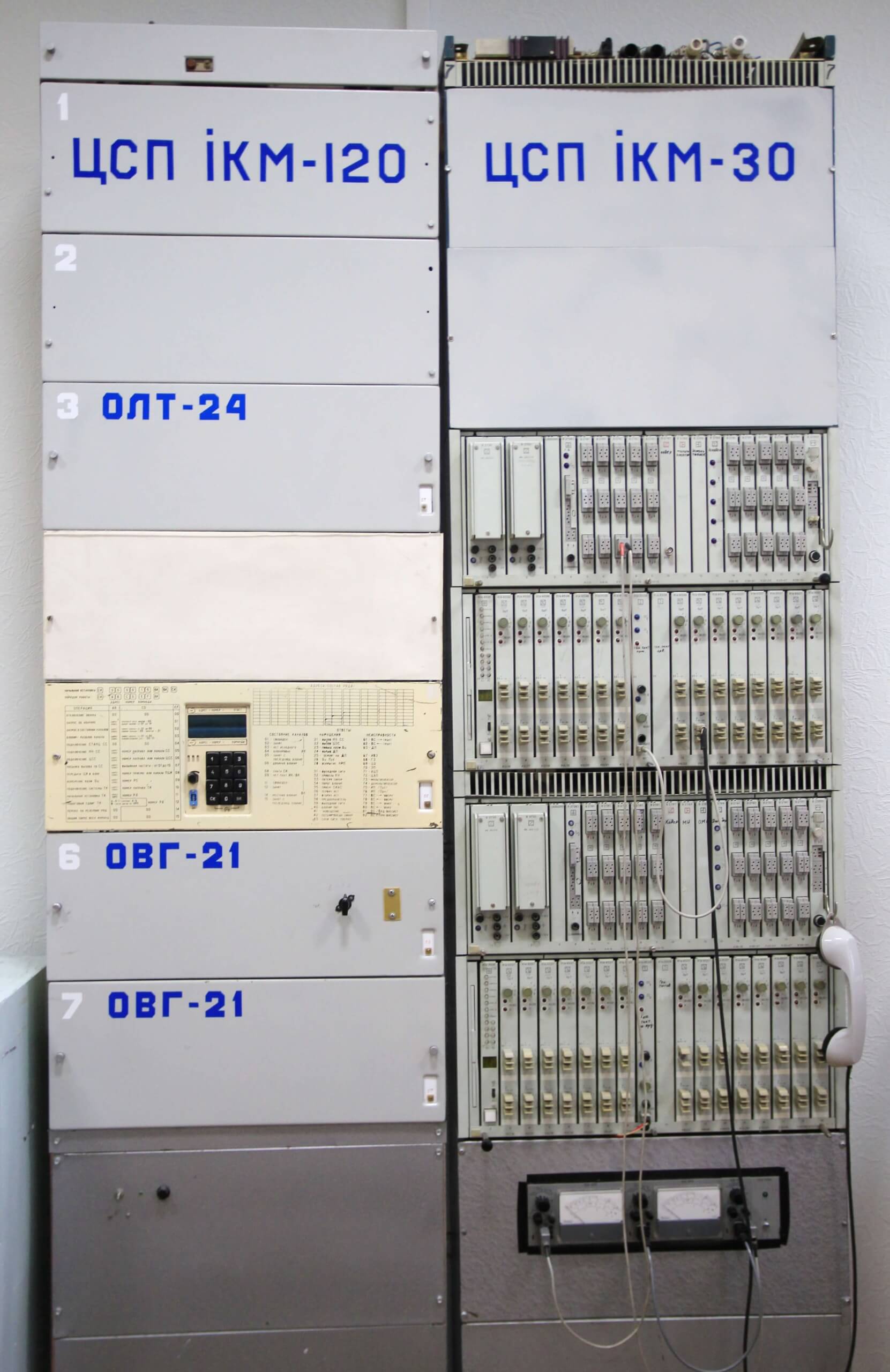
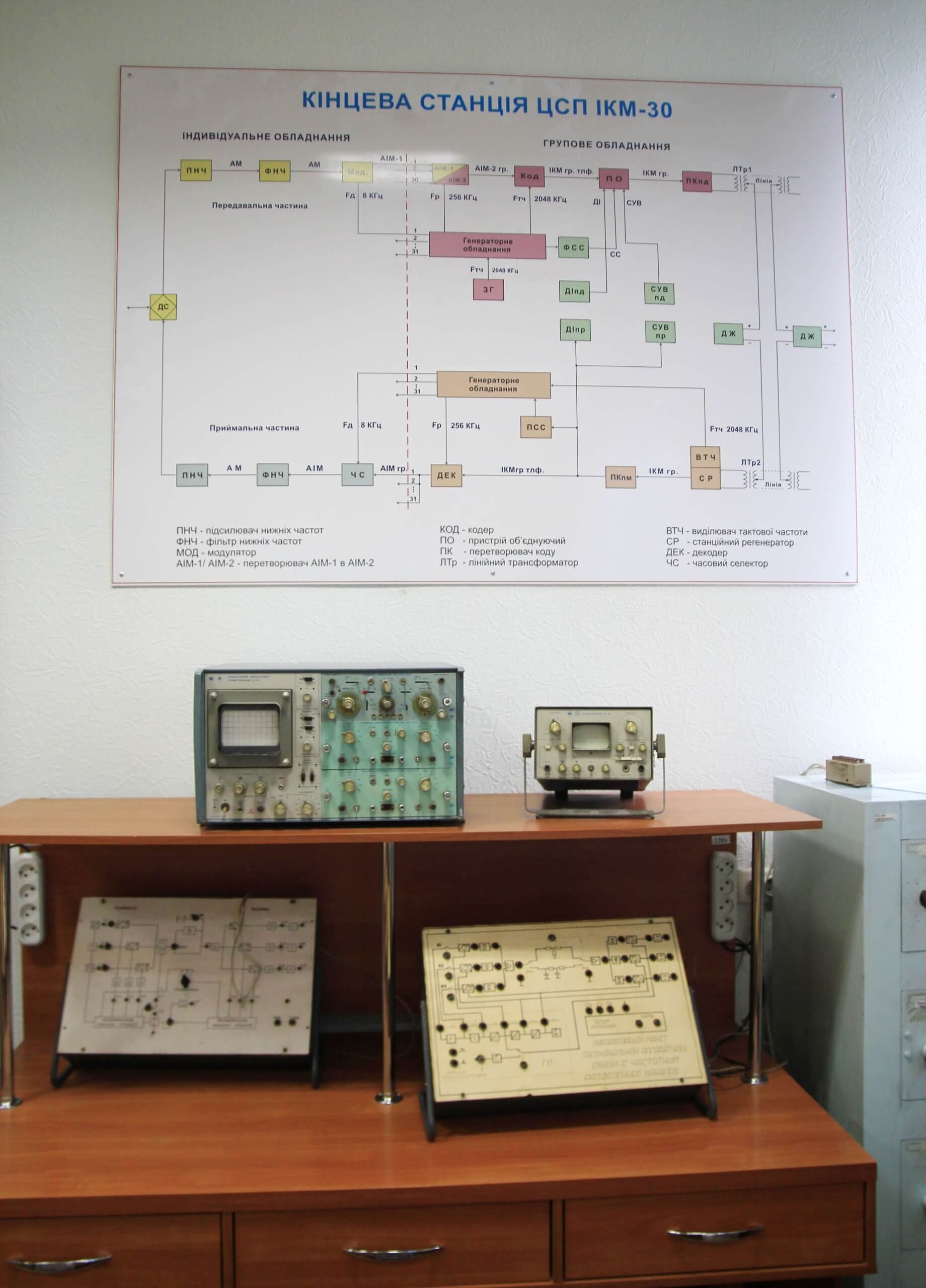
FURTHER IMPROVEMENTS TO THE EQUIPMENT IN THE LABORATORY ARE PLANNED, PARTICULARLY:
- creation of 5 modern automated workstations (AW) LAN of the department on the basis of new PCs (personal computers released 2018-2019)
- installation and use of a RIGOL DG2021A digital oscilloscope and signal generator to investigate basic signals with different modulation laws used in modern telecommunications;
- connecting workstations to servers to organize virtual networks and thin client workstations using diskless stations;
- introduction of the Tau-PCI / 32-Lite adapter in the laboratory practice;
- connection of ICM-30 (ICM-120) via SHDSL modems to the Ci-3000 and Asterisk in the Access Network Laboratory (Room 305). This will allow, by organizing a logical loop, to measure basic E1 flow parameters (propagation time, BER, etc.) at different traffic levels.
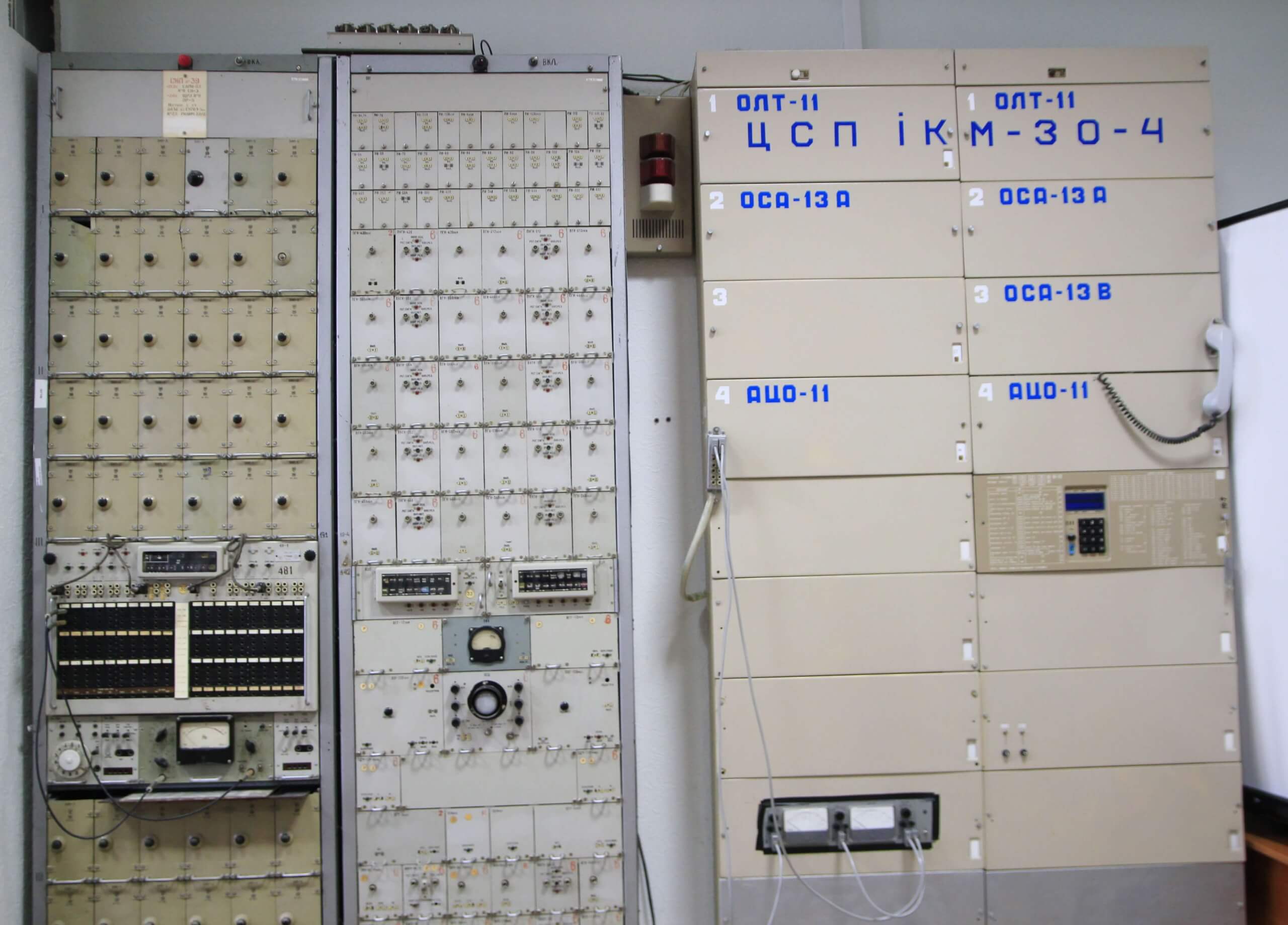

 Українська
Українська
